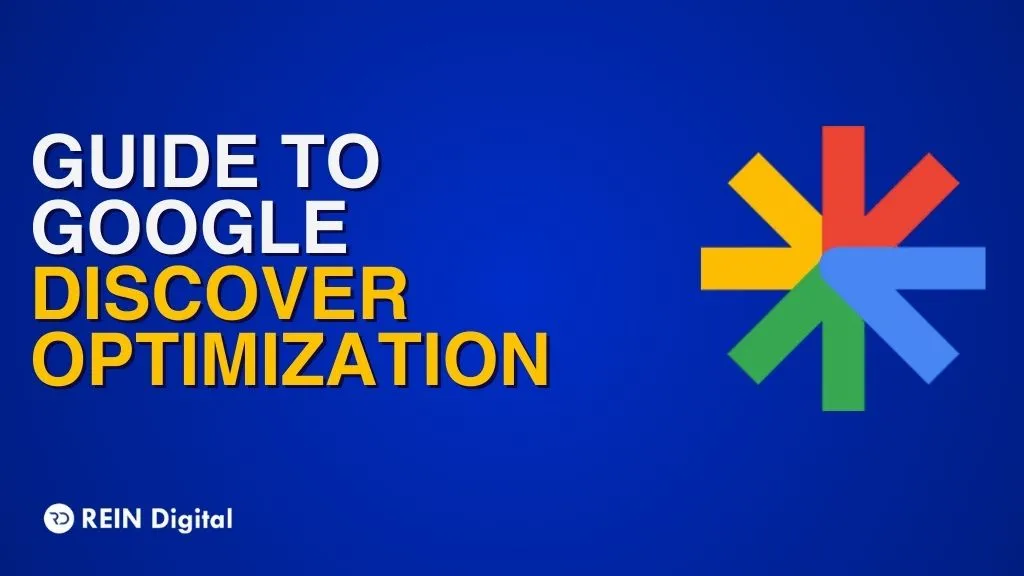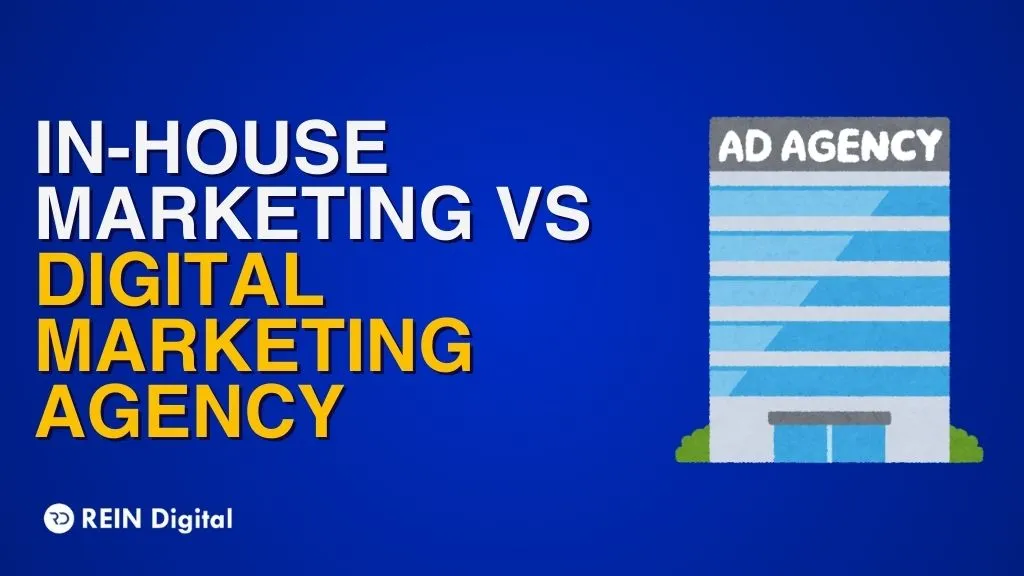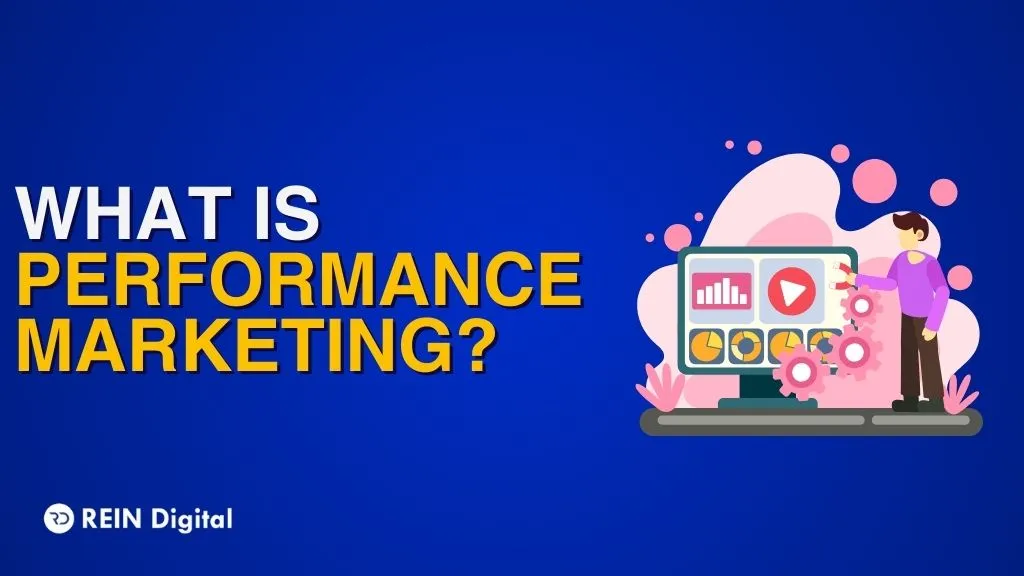
Mastering B2B Marketing Strategies: A Comprehensive Guide
Introduction
In today's highly competitive business landscape, B2B marketing strategies have evolved into a dynamic and multifaceted discipline. To succeed, businesses must employ a variety of strategies tailored to reach other businesses effectively. In this blog, we'll delve into the world of B2B marketing strategies, exploring the key points that can help you achieve your goals.
Elaboration of B2B Marketing Strategies
Let's elaborate on each of the key points for B2B marketing strategies:
1. Understanding B2B Marketing
- Definition: B2B marketing, or business-to-business marketing, refers to the strategies and tactics used by companies to promote their products or services to other businesses rather than individual consumers.
- Significance: B2B marketing is vital because it helps companies establish strong partnerships, secure contracts, and drive long-term business growth. It often involves more complex buying processes and decision-making units compared to B2C marketing.
2. Target Audience Analysis
- Ideal Customers: Identify and define your ideal B2B customers. Understand their needs, pain points, and preferences.
- Buyer Personas: Create detailed buyer personas representing different customer segments. These personas should guide your marketing efforts.
- Data and Analytics: Utilize data analytics to gain insights into your audience's behavior, preferences, and purchasing patterns.
3. Content Marketing
- High-Quality Content: Create content that offers value, solves problems, and educates your target audience.
- Content Types: Utilize various content formats such as blog posts, whitepapers, eBooks, infographics, and videos.
- Storytelling: Incorporate storytelling to make your content engaging and relatable, helping you connect with your audience on a deeper level.
4. Search Engine Optimization (SEO)
- Website Optimization: Ensure your website is optimized for search engines, including proper keyword placement, meta tags, and site speed.
- Long-Tail Keywords: Target long-tail keywords relevant to your industry and services.
- Backlinks: Earn backlinks through guest posting, partnerships, and creating shareable, valuable content.
5. Social Media Marketing
- Platform Selection: Choose social platforms that align with your target audience and industry.
- Thought Leadership: Share industry insights, trends, and thought leadership content to establish authority.
- Targeted Ads: Run targeted social media ads to reach specific industries or job roles within businesses.
6. Email Marketing
- List Building: Build and segment email lists based on criteria like industry, company size, and engagement.
- Compelling Campaigns: Craft compelling email campaigns with personalized content.
- Personalization and Automation: Use personalization and automation tools to send relevant content and nurture leads.
7. Account-Based Marketing (ABM)
- Approach: ABM involves focusing marketing efforts on a select group of high-value accounts.
- Customization: Create customized content and outreach strategies tailored to each targeted account.
- Relationship Building: Use ABM to build strong, personalized relationships with key decision-makers.
8. Influencer Marketing
- Collaboration: Collaborate with industry experts and influencers.
- Trust Building: Leverage influencers' authority to build trust and credibility with your audience.
- ROI Measurement: Track the ROI of influencer marketing campaigns through metrics like engagement, conversions, and brand awareness.
9. Marketing Automation
- Efficiency: Marketing automation tools streamline repetitive tasks, making marketing efforts more efficient.
- Lead Nurturing: Use automation to nurture leads through automated email sequences and workflows.
- Drip Campaigns: Implement drip email campaigns to deliver targeted content over time.
10. Analyzing and Measuring Results
- Key Metrics: Monitor key metrics like ROI, conversion rates, click-through rates, and customer acquisition cost.
- Analytics Tools: Utilize analytics tools to collect and analyze data for data-driven decision-making.
- A/B Testing: Continuously improve campaigns by conducting A/B tests to optimize content and strategies.
11. Case Studies and Success Stories
- Real-world Examples: Provide real case studies and success stories of B2B marketing campaigns that achieved significant results.
- Learning Opportunities: Share lessons and insights from these examples that other businesses can apply to their strategies.
12. Adapting to Trends and Technologies
- Staying Current: Stay updated with the latest marketing trends, technologies, and tools.
- Integration: Integrate emerging technologies like AI, chatbots, and data analytics to gain a competitive edge and enhance the customer experience.
By implementing these strategies and continuously refining your B2B marketing efforts, your business can establish a strong presence in the B2B market, foster meaningful relationships, and drive sustained growth














